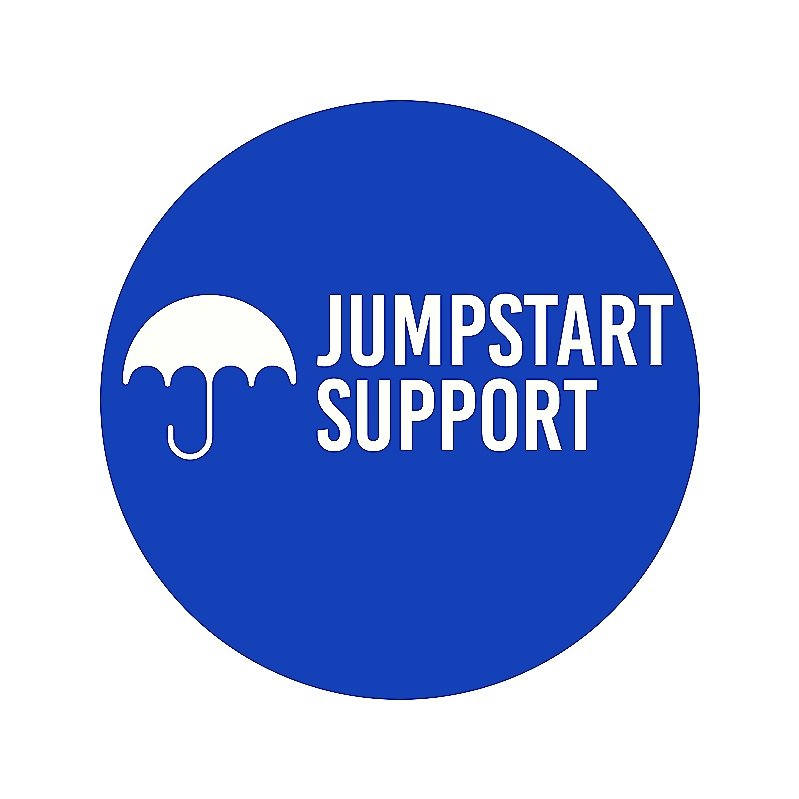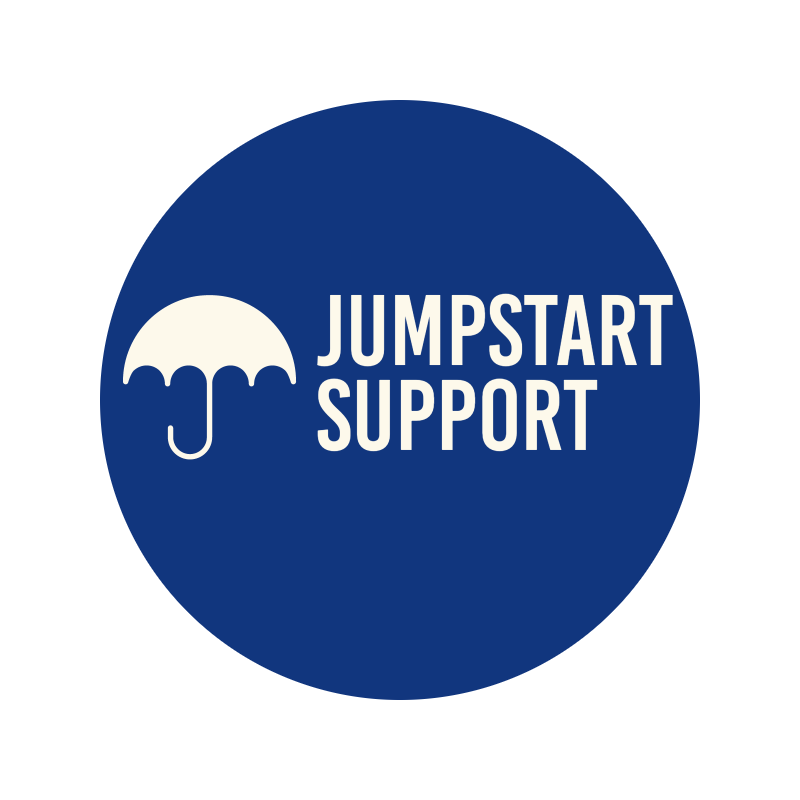Addressing Bias in Recruitment: Overcoming Challenges for Neurodiverse Candidates
The neurodiversity movement has taken the spotlight in the realm of workplace inclusion, promoting the idea that neurological differences are not disabilities, but rather natural variations of the human genome. For recruiters, HR professionals, and hiring managers, the call to action is clear – it's time to overhaul traditional recruitment processes and create a more inclusive environment for neurodiverse individuals. In this comprehensive blog post, we'll explore the intricacies of neurodiversity, identifying and overcoming biases in recruitment, and ultimately fostering an environment that celebrates diversity and reaps its many rewards.
Understanding Neurodiversity
In many respects, the discussion around neurodiversity draws parallels to other diversity and inclusion (D&I) initiatives. Just as gender, ethnicity, and other factors contribute to a rich mosaic of backgrounds and perspectives, neurodiversity does the same within the spectrum of cognitive abilities. However, due to a lack of understanding and awareness, neurodiverse candidates often find themselves facing unique challenges in the job market.
The Spectrum of Neurological Diversity
Neurodiversity encompasses a broad range of conditions such as autism, dyslexia, ADHD, and Tourette syndrome, amongst others. Despite the individual differences associated with each condition, what unites all neurodiverse individuals is their non-typical neurocognitive functioning.
Dispelling Misconceptions
One of the first steps towards creating an inclusive hiring environment is to dispel common misunderstandings about neurodiversity. Many individuals still cling to outdated stereotypes, assuming that neurodiverse individuals are not fit for the workplace due to their differences. This is far from the truth. Neurodiverse individuals often possess unique strengths, such as an exceptional attention to detail and unparalleled problem-solving skills – attributes that are highly valued in many professional environments.
Bias in Recruitment: A Hidden Hurdle
Despite legal and ethical imperatives, bias remains a pervasive issue in recruitment. For neurodiverse candidates, this bias takes on a multitude of forms, ranging from unconscious microaggressions to outright discrimination.
Unpacking the Bias
The biases at play during the hiring process can be subtle and deeply ingrained. For instance, a preference for candidates who excel in traditional interviews may hinder those who struggle with social communication but are more than capable of performing the job duties. Stereotypes that link certain jobs or industries to specific personality types can also be detrimental, limiting opportunities for neurodiverse job seekers.
The Cost of Unchecked Bias
The impact of bias in recruitment is twofold. Firstly, it results in a less diverse workforce, robbing companies of the competitive advantage that comes with a variety of perspectives. Secondly, it creates a barrier for capable individuals who could otherwise contribute meaningfully. The societal and economic cost of such exclusion is profound, both for the individuals concerned and for the organisations that overlook their potential.
Overcoming Bias: Strategies for Inclusive Recruitment
Creating a recruitment process that is genuinely inclusive requires a concerted effort. Here, we outline actionable strategies for mitigating bias at every stage of the hiring process.
Crafting Inclusive Job Descriptions and Requirements
Language is a powerful tool that can either attract or deter candidates. By carefully selecting words and phrasing that do not exclude neurodiverse individuals, you can cast a wider net while ensuring that the core job requirements are clear and accessible to all.
Rethinking the Interview Process
Traditional interviews may not be the best way to gauge the potential of neurodiverse candidates. Supplementing or replacing face-to-face interviews with alternative assessment methods, such as work trials or portfolio reviews, can provide a more accurate reflection of an individual's abilities.
Training and Awareness
Education is fundamental to the process of change. Ensuring that all members of the hiring team – from line managers to executives – are versed in the principles of neurodiversity and inclusion can pave the way for more equitable practices.
Success Stories and Case Studies
While the road to inclusive recruitment may be fraught with challenges, there are many examples of organisations that have successfully embraced neurodiversity.
Company Spotlight: Best Practices in Inclusive Hiring
By examining the practices of leading companies that champion neurodiversity, we can glean insights into what works. From structured recruitment processes to dedicated support networks, these organisations are setting the bar for inclusivity in the workplace.
Personal Journeys of Triumph
The stories of neurodiverse individuals who have found success are powerful testaments to the potential that is unlocked when bias is eradicated. These personal narratives are not just inspirational; they serve as blueprints for companies looking to create a more welcoming environment for all.
The Future of Work: Embracing Neurodiversity
The conversation around neurodiversity is not just a matter of social justice; it is a strategic imperative for businesses in the modern economy.
Predictions for the Inclusive Workplace
We are on the cusp of a paradigm shift in the way we view talent and capabilities. In an increasingly global and interconnected world, organisations that demonstrate their commitment to diversity, including neurodiversity, will be the ones that attract top talent and move the needle on innovation and creativity.
A Call to Action
The call to action has never been more urgent. Companies that wish to remain competitive must take the initiative to address bias in recruitment and create pathways for neurodiverse individuals to contribute their unique skills to the workforce.
Conclusion
In conclusion, the drive to create an inclusive environment for neurodiverse individuals is as much a moral imperative as it is a business necessity. By examining and addressing the biases that taint our recruitment processes, we can build stronger, more innovative organisations that reflect the rich tapestry of human diversity. It's time for recruiters, HR professionals, and hiring managers to lead the charge, for the benefit of both their companies and society at large. If your organisation is ready to take the next step towards inclusive hiring, reach out today to start a dialogue about how Jumpstartsupport.com can guide you through this critical transformation. Together, we can turn the challenges of neurodiverse recruitment into opportunities for growth and success.

